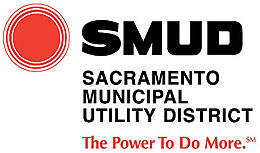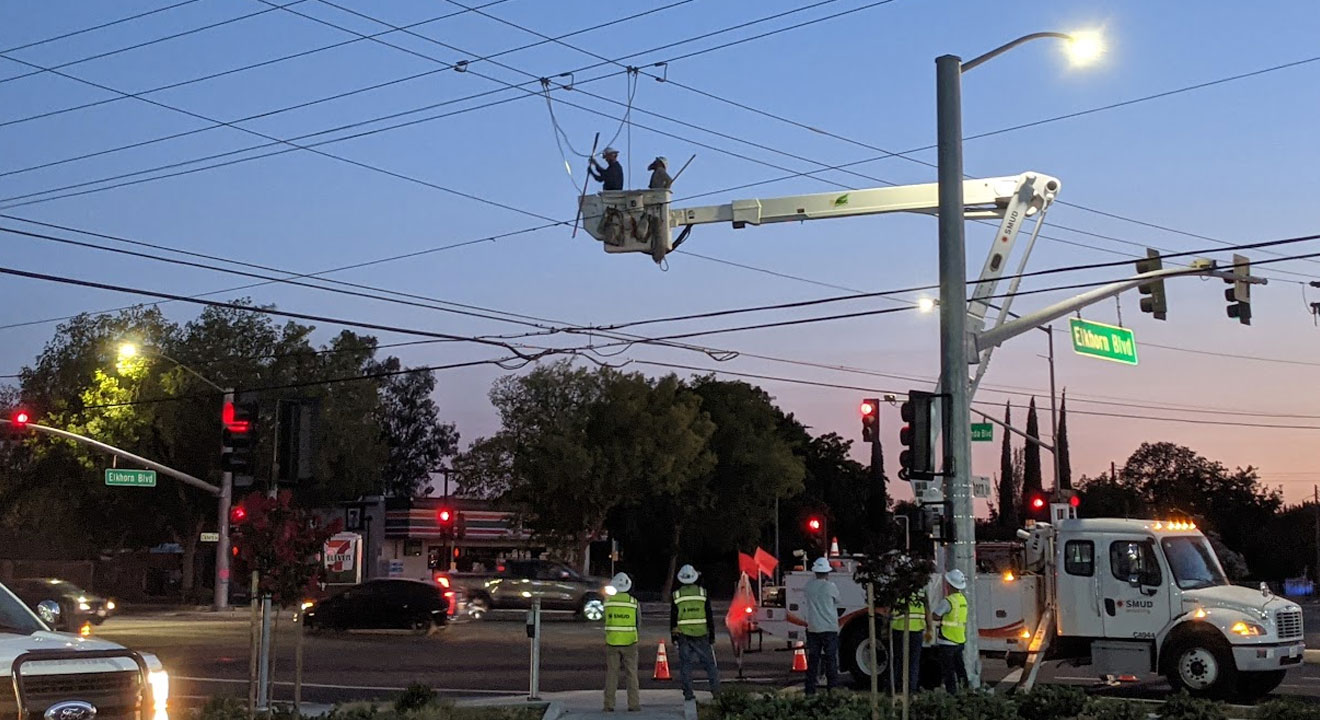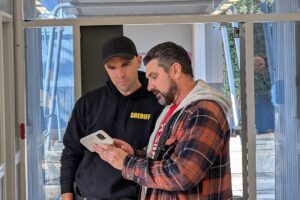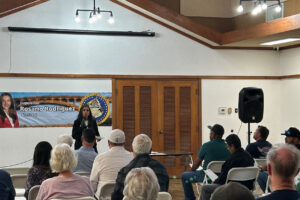Report outages at smud.org/outages

SMUD is prepared for this week’s winter storm, which is expected to produce widespread precipitation starting Tuesday evening and lasting into next week. The National Weather Service is also forecasting windy conditions, with gusts up to 40 mph starting Wednesday evening through Thursday morning.
When storms knock out power, SMUD works around-the-clock to restore electric service safely and as quickly as possible. Customers are encouraged to report outages at our Outage Center at smud.org/outages where they can quickly and easily monitor the cause of the outage and see when power will be restored.
SMUD line crews, troubleshooters and other field personnel are ready to restore power to customers who may experience storm-related outages.
SMUD prepares for storms year-round by routinely maintaining equipment and trimming trees around power lines, but heavy wind and rain can blow branches into lines causing storm-related outages.
Safety is a top priority and SMUD is providing tips to help customers prepare for the storm.
Preparing for a storm: Prepare an emergency kit and store in an accessible place. Be sure to include:
- Fully charged cell phone, laptop and external battery banks
- Flashlights
- Battery-operated clock
- Extra batteries
- Manual can opener
- Supply of water
- A battery-operated radio
- Charged internet hotspot
- Food
- Blankets
If the power goes out…
- Check to see if the lights are out in neighboring homes — if so, it’s likely a larger outage.
- Report the outage at smud.org/outages, via the SMUD mobile app or at 1-888-456-SMUD (7683).
If stormy weather knocks down a power line…
- Stay away and call SMUD at 1-888-456-SMUD (7683) or 911 immediately.
- Assume the line is “energized” and stay away and warn others to do the same.
- Do not remove fallen tree limbs or other debris from power lines. Tree limbs and other objects can conduct electricity that can shock anyone coming in contact with them.
SMUD prioritizes where crews will be sent during a storm:
- Public safety hazards (power lines down, poles down)
- Hospitals, critical flood control pumps and other facilities with large community impact
- Areas with large numbers of customers out of power
- Scattered, smaller outages

















